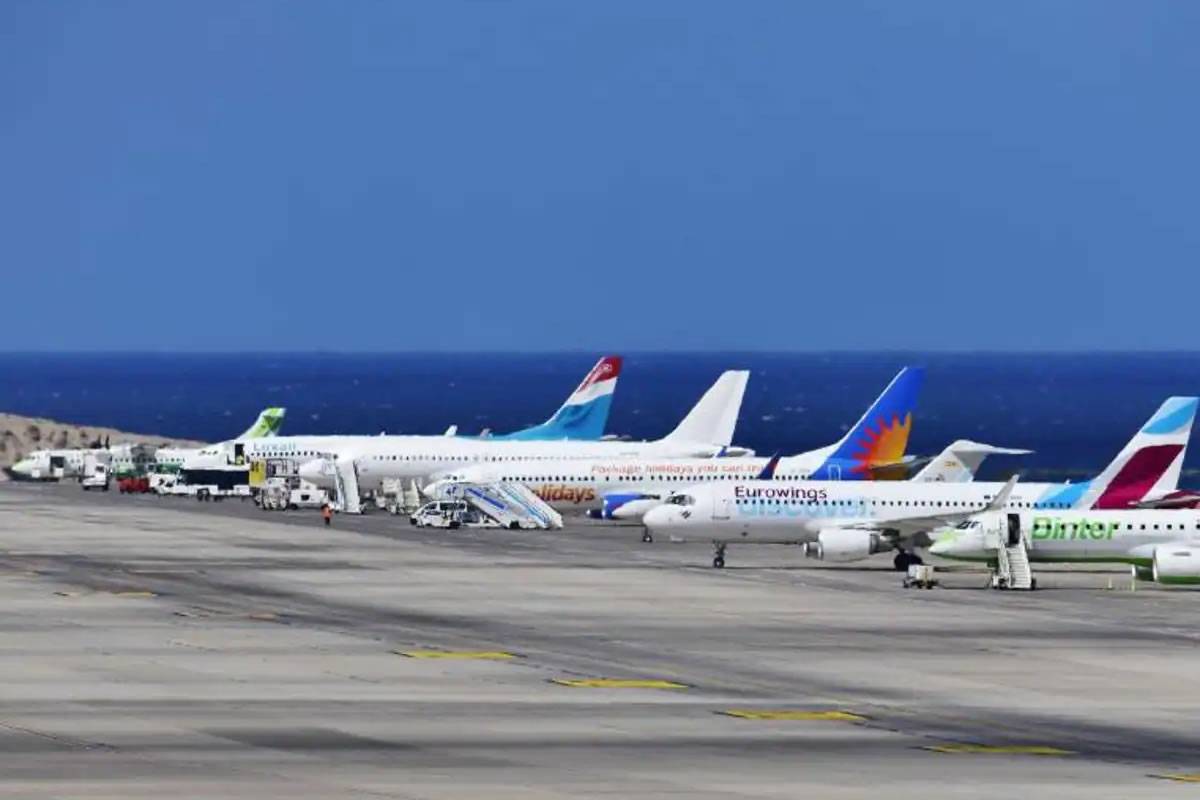The Canary Islands boosts air capacity by 10% for the summer reaching 12 million seats
- 07-03-2024
- Travel
- Canarian Weekly
- Photo Credit: C7
The air capacity of the Canary Islands is set to increase by 10% for the upcoming summer season, reaching a total of 12.1 million seats, as announced by the regional government during its participation in the ITB tourism fair in Berlin. This marks a significant rise from the 11 million seats available during the 2023 summer season last year.
The government emphasised the growth in connectivity, particularly with Germany, as part of an ongoing effort to enhance tourism prospects during the summer months.
The Minister of Tourism for the Canary Islands, Jessica de León, noted that connectivity with Germany has steadily improved, standing only 0.9% below 2019, with 1.3 million seats available.
She acknowledged the challenges posed by the pandemic, the Ukraine conflict, and China's competition, which have impacted Germany's economy. Despite this, she highlighted the unique advantage of the Canary Islands, saying that the destination does not suffer from seasons.
In contrast to competitors, the Canaries welcomes 54% of its visitors in the summer and 46% in winter, creating a more balanced distribution compared to the Spanish average of 72% in summer and 28% in winter.
To further boost market recovery, De León and José Juan Lorenzo, the Managing Director of Tourism for the Canary Islands, met with the seven Cabildos to formulate a common strategy focused on attracting German tourists. Germany holds the third position in terms of importance for the islands, constituting 15.7% of the total visitors to the archipelago.
When it comes to travel preferences, Germans predominantly choose Spain, and within the country, 22% opt for the Canary Islands. Fuerteventura and La Palma have a higher market presence, each exceeding a 30% share.
German tourists visit the Canary Islands throughout the year, particularly in winter, leveraging the archipelago's favourable climate compared to other destinations.
In contrast to British tourists, Germans are more inclined towards beach activities (80% compared to 61%) and water sports, showcasing a curiosity for exploring and discovering the islands. This exploratory nature contributes to a lower ‘repeat rate’ among German tourists, with 71%, compared to 81% of British tourists and the general average of 72%.
Other articles that may interest you...
Trending
Most Read Articles
Featured Videos
TributoFest: Michael Buble promo 14.02.2026
- 30-01-2026
TEAs 2025 Highlights
- 17-11-2025


























































